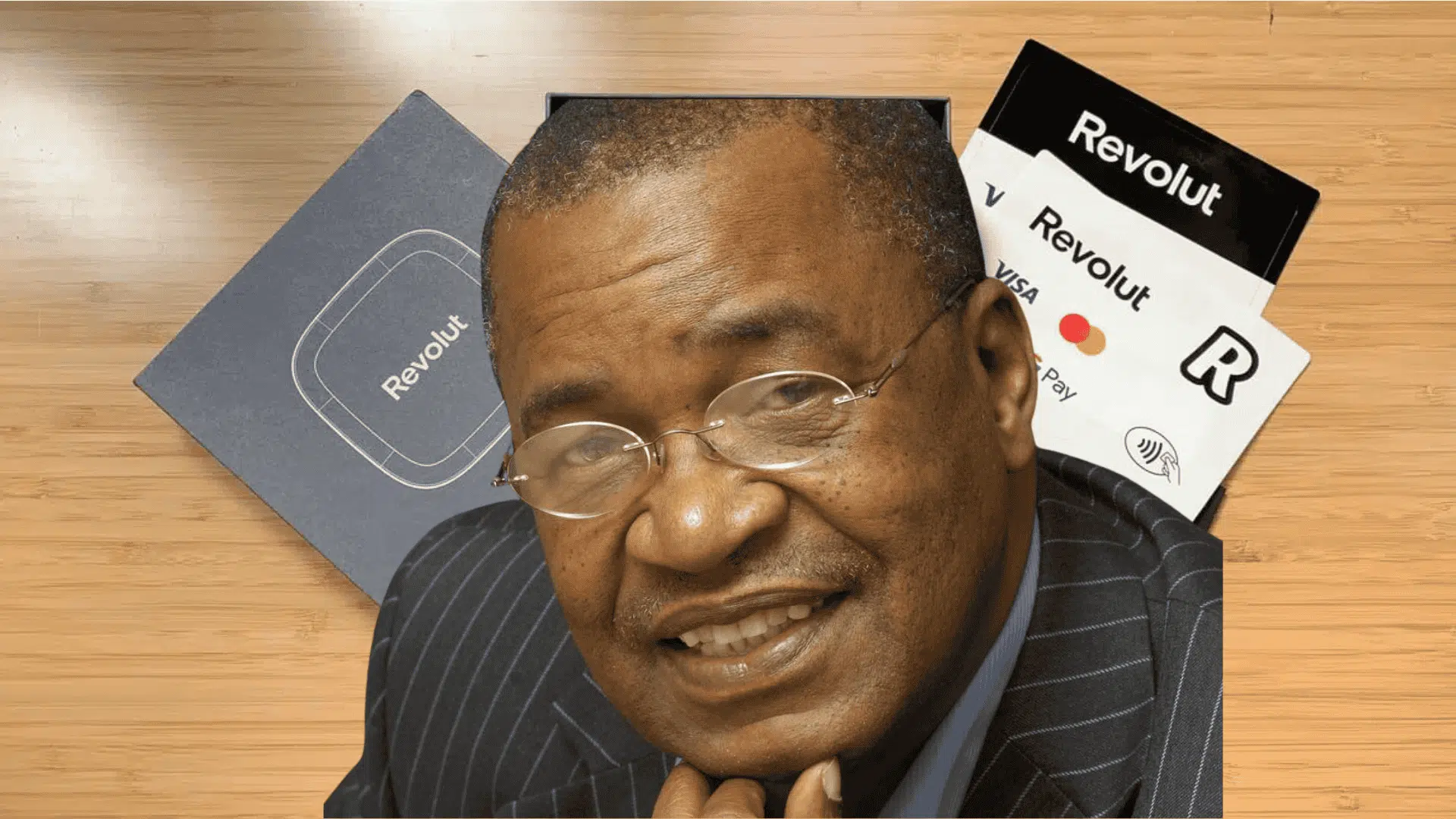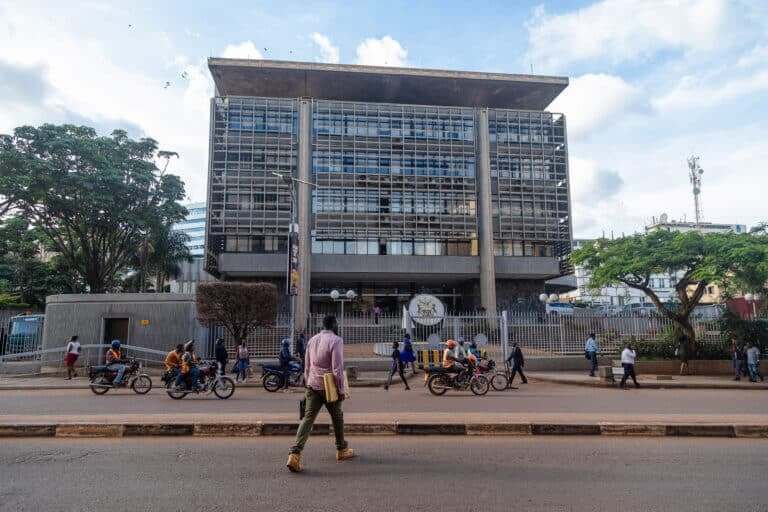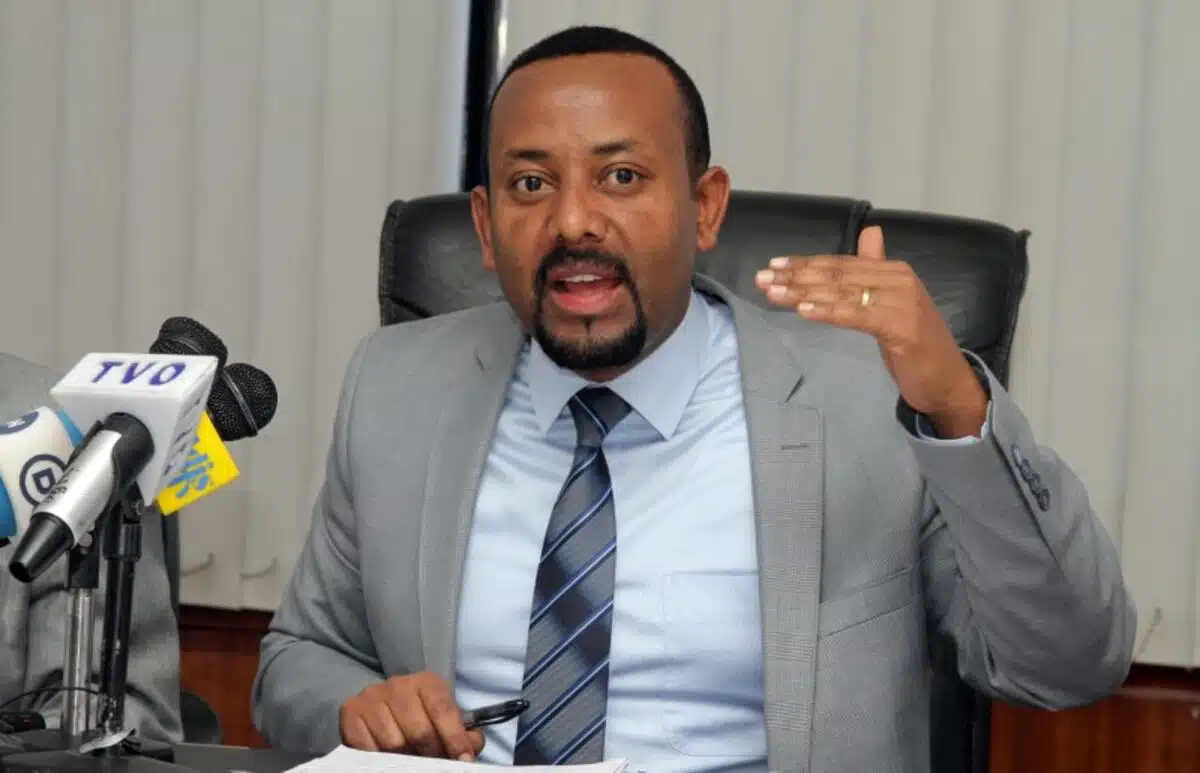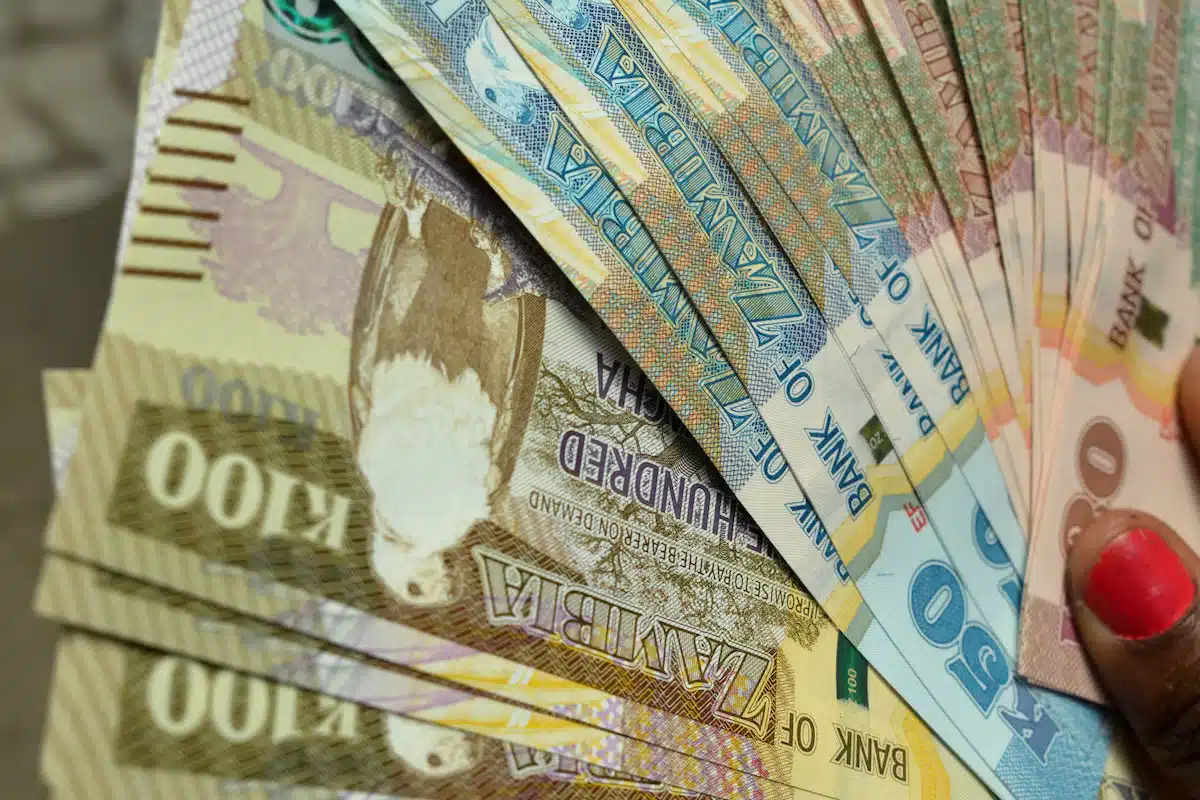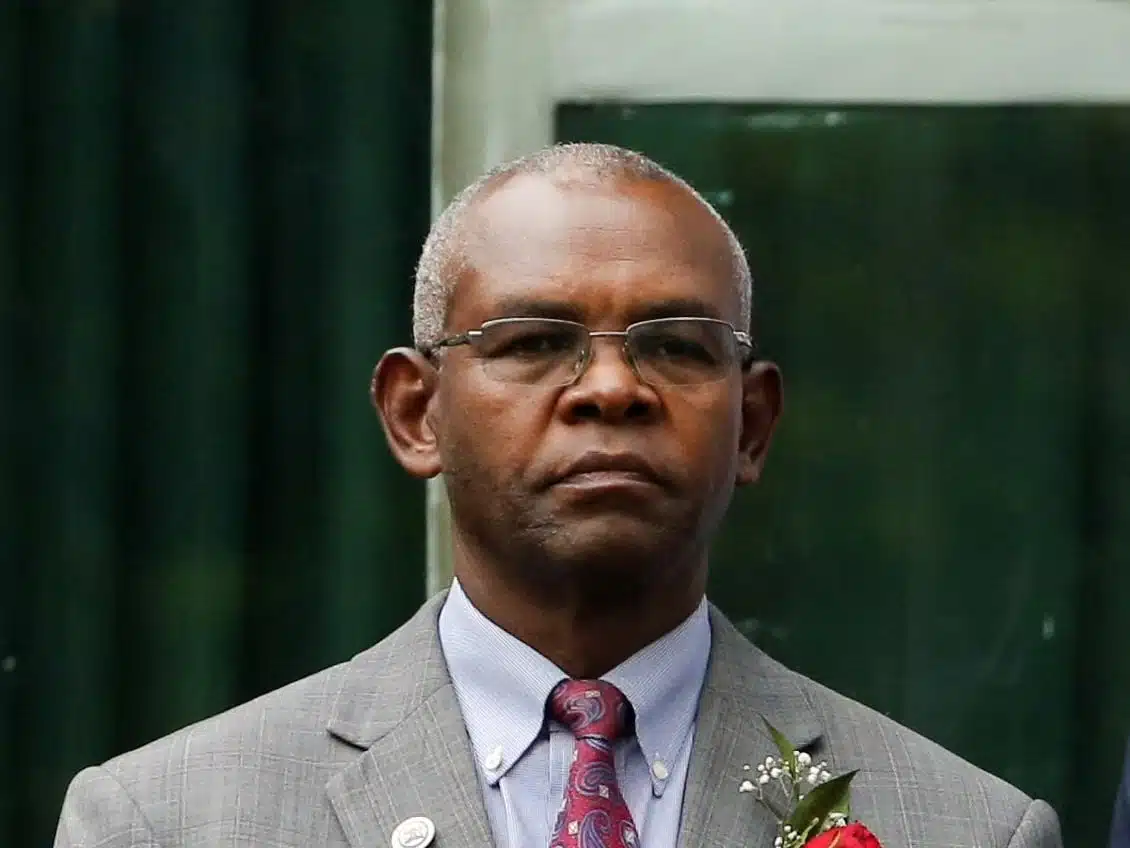A Mauritian court has granted bail to former finance minister Renganaden Padayachy, who is facing fraud charges over the alleged embezzlement of $6.7 million from a state-run investment vehicle, the country’s financial crimes commission revealed on Monday.
It was earlier reported that Padayachy and the former governor of the Bank of Mauritius, Harvesh Seegolam, were arrested last week in connection with the suspected diversion of funds from the Mauritius Investment Corporation (MIC).
The state-owned firm had been established to support businesses affected by the COVID-19 pandemic.
While Seegolam was granted bail on Thursday, Padayachy’s release came after the Independent Commission Against Corruption (ICAC) said it would not oppose his bail application.
“He (Padayachy) will be … present for any further interrogation,” his lawyer Raouf Gulbul told reporters following the hearing.
Padayachy was previously expected to return to court on April 17.
Both men have denied any wrongdoing.
The case has fuelled political tensions in the Indian Ocean island nation, coming just months after Prime Minister Navin Ramgoolam returned to power in a landslide victory in November 2024.
In December, Ramgoolam accused the previous administration—under which both Padayachy and Seegolam served—of economic mismanagement and deliberate data falsification.
Addressing lawmakers, Ramgoolam did not mince words: “The previous government has fumbled and jumbled the economic fundamentals. Their mismanagement of the economy and the falsifying of figures have been an unmitigated disaster. They have been practicing voodoo economics.”
Ramgoolam, who now also serves as finance minister, cited findings from an official audit titled State of the Economy, which revealed that nominal gross domestic product (GDP) for 2023 had been overstated by 1.4 percentage points.
The report recalculated last year’s growth rate at 5.6%, down from the previously reported 7.0%.
Similarly, the 2023/24 budget deficit was corrected to 5.7% of GDP, not the 3.9% initially declared.
Public sector debt as of June 2024 was also adjusted upwards to over 83% of GDP from the earlier stated 77%.
In response to the findings, Ramgoolam pledged to restore fiscal discipline while safeguarding key social spending.
Ramgoolam pledged to restore fiscal space and indicated plans to collaborate with development partners, international organisations, and allied countries to reduce Mauritius’ debt-to-GDP ratio to around 60%.
The fraud charges and the broader audit revelations underscore growing concerns about public accountability and economic transparency in Mauritius—a country often seen as a financial hub in the region.




